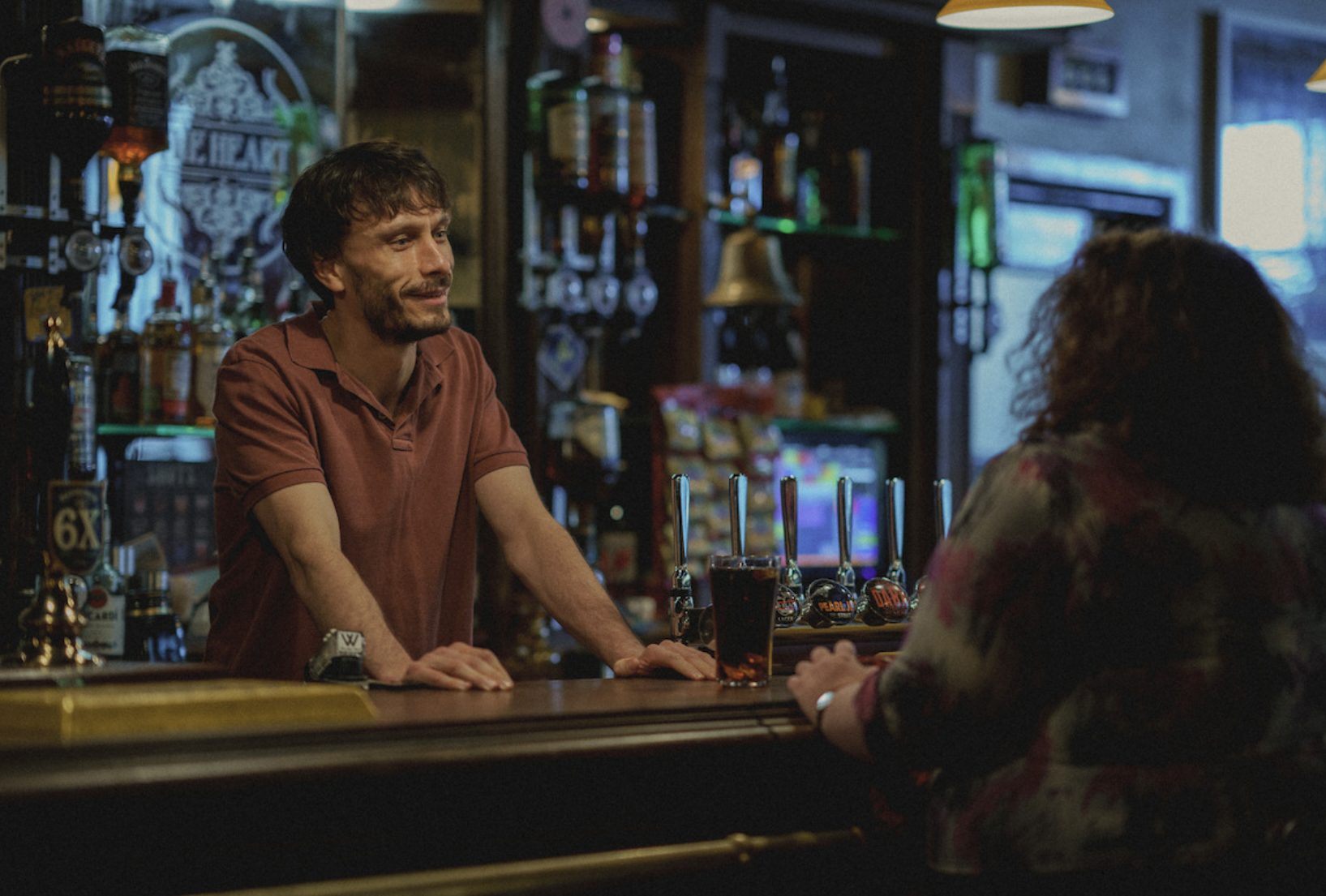The Unintended Fallout from Netflix's Baby Reindeer
(Photo: Netflix/Tudum)
Since its debut, "Baby Reindeer" has blurred the lines between its dramatized content and real-life implications, making it hard to dissociate the series from the controversies surrounding it. Numerous articles have scrutinized the intrusive behavior of some fans toward the series, though attributing blame solely to online viewers overlooks broader issues.
Produced by Clerkenwell Films and released on Netflix, "Baby Reindeer" is adapted from Richard Gadd’s 2019 Edinburgh show. It portrays a semi-fictional account of Gadd’s own experiences with a stalker named Martha, played by Jessica Gunning. As the narrative unfolds, viewers learn that the protagonist, Donny Dunn (played by Gadd), has previously been a victim of grooming by a prominent comedy writer.
The series is designed to appeal to Netflix's broad audience with its clear narrative yet is primarily driven by emotion, a quality that has been widely praised. The emotionally charged storytelling captivated me completely, compelling me to binge-watch the entire series in one sitting due to its unsettling yet brilliant execution.
Given Netflix's leading position in the streaming industry, it seems likely that the platform had some foresight into the series' potential impact. The predictability of its success, however, remains a topic of debate. The controversy escalates with the character of Martha. TikTok users have reportedly identified a real-life individual who closely resembles the fictional Martha, leading to significant online harassment against this woman. She told The Daily Record, "I’m the victim here, not Richard Gadd. I’ve had death threats as a result of his show despite the fact that a lot of the things he claimed are just not true."
Despite the use of open-source intelligence, the pursuit of Martha’s real-life identity by internet sleuths has been criticized. Recent editorials have disparaged these amateur investigators, suggesting that the focus on "Real Martha" reveals a neglect of institutional safeguards, thus shadowing deeper systemic issues with a veneer of moral superiority.
This scenario highlights an ongoing cycle: as speculation about the real Martha increases, so does viewership of "Baby Reindeer," arguably benefiting Netflix amidst the controversy. The show's reliance on Gadd's personal narrative and creative input does underscore his influence, yet overlooks the complex nature of ownership in film and TV, where platforms like Netflix usually hold significant rights.
A critical take from this situation might be that individual internet users could redirect their investigative zeal from private figures to more deserving corporate targets. My advice to those engaged in such activities? Consider the broader implications and responsibilities of your actions.

